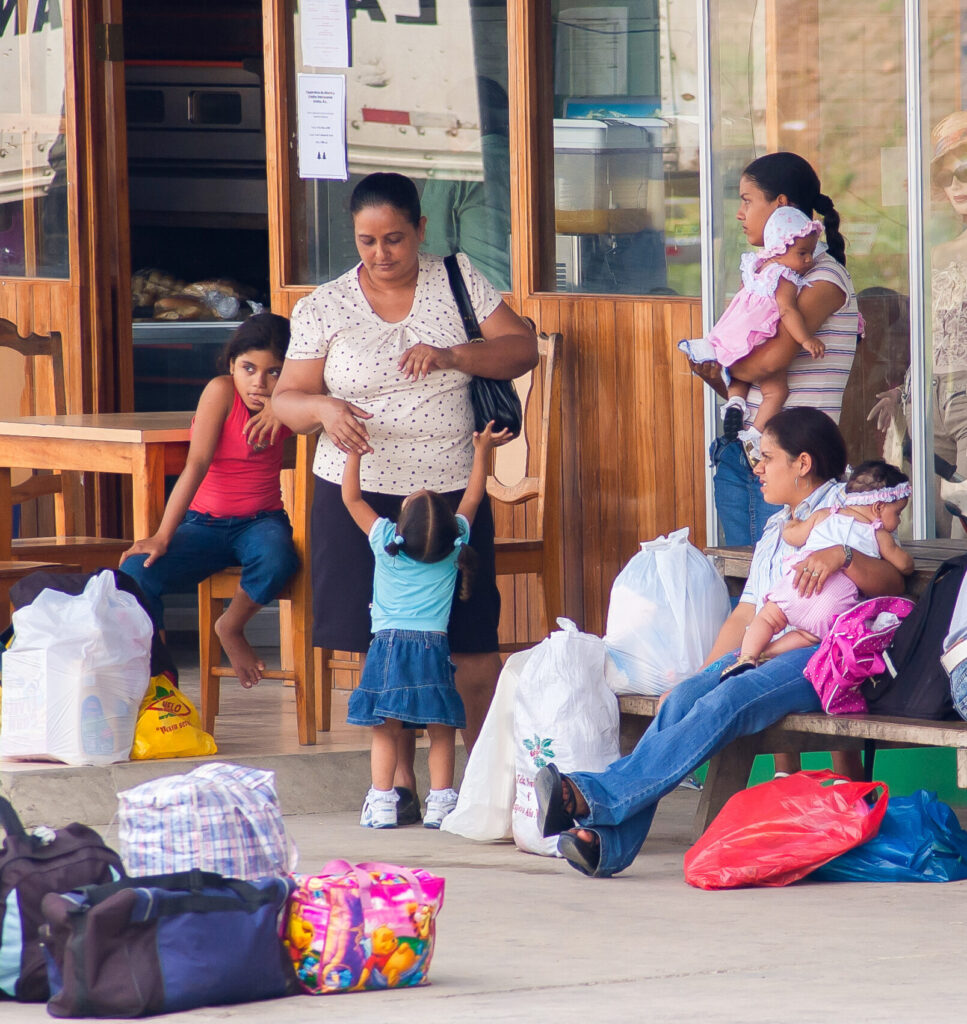
Person
- Pablo Anton-Diaz
In July 2017, Colombia launched its National Economic and Financial Education Strategy, which established an action plan for promoting financial education in the country. The Intersectoral Commission for Economic and Financial Education, in charge of implementing the strategy, partnered with the Latin American Development Bank (CAF) and the Center for Financial Inclusion at Accion (CFI) to develop a training program to impart the latest financial education programming insights and best practices to those who would be implementing the national strategy.
This report describes our efforts to communicate behavioral economics best practices to policymakers and practitioners in Colombia, including case studies from Fundación Capital and Banco de la República. We also evaluate the success of our efforts, and make recommendations for further embedding behavioral insights into financial education programming.
Major Findings
What does it take to build financial capability?
Shifting the financial education paradigm in Colombia begins with understanding how to design behaviorally-focused interventions.
Financial education programs are delivered by financial service providers, government agencies, public schools and universities, research institutions, institutional donors and non-profit organizations throughout Colombia. The majority of these programs are delivered in classroom-based settings, town hall-style lectures, seminars or workshops and employ printed materials and videos to communicate information. These kinds of traditional financial education models are difficult to scale, expensive to implement and often struggle with low attendance and participation.
Traditional financial education models are difficult to scale, expensive to implement and often struggle with low engagement.
Information transfer alone does not adequately engage people in the type of active learning and practice that prompts
behavior change. There is a growing body of evidence showing that financial education interventions that incorporate behavioral economics principles are more likely to improve client’s money management skills than traditional interventions.
By hosting six two-day workshops between for a mix of stakeholders from the public, private, and non-profit sectors in Bogotá, we gave practitioners a holistic understanding of what is necessary to design behaviorally focused interventions. We also asked participants to think deeply about cognitive biases that impact the success of behavior change programs, including procrastination, social norms, limited attention span, predisposition to the present, loss aversion, and default options. We asked participants to identify how these biases affect their lives, underscoring the fact that cognitive biases are present in all of us, not just beneficiaries of social programs or financial product users.
This project gave us a valuable opportunity to put our own behaviorally-informed principles into practice in the development of the workshops. We aimed to make the workshops fun, social and customized to the target audience. We developed simple, memorable rules of thumb for making financial education workshops more effective. Additionally, we were able to leverage what seemed to be somewhat of a national “teachable moment” right at the start of the implementation phase of the National Financial Education Strategy of Colombia. Overall, we are satisfied with the high level of information retention that we found in our follow-up surveys, and we are convinced that this constitutes a very important step in the right direction.
This report was conducted with support from the Latin American Development Bank (CAF) and Banca de las Oportunidades.

Authors









